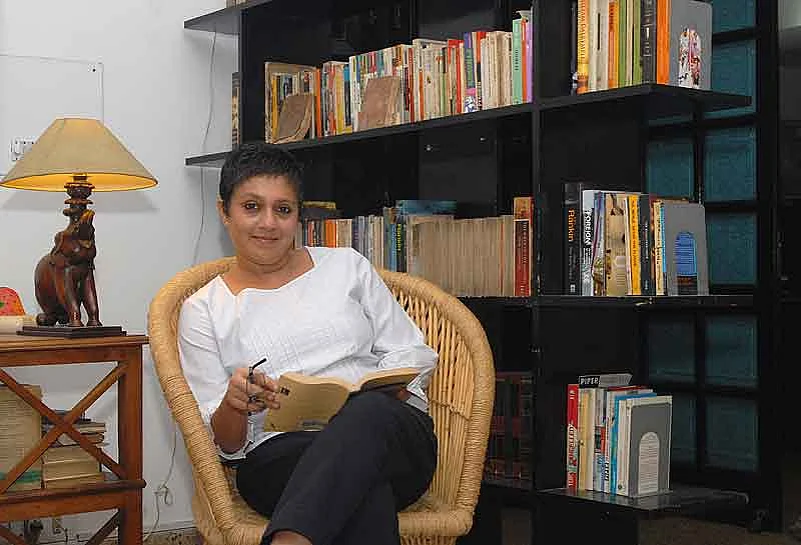
One of Germany’s most venerated weeklies, Der Spiegel, is mired in a row over racism with its former South Asia correspondent Padma Rao. The only foreign name on the magazine’s editorial imprint during her stint with the publication from 1998 to 2012, Rao says she was denied a permanent contract and never given the same pay and added benefits that German correspondents with profiles identical to hers received. All because she happened to be non-German.
She was told explicitly in an official letter that the only thing that stood between her and a permanent position was “the beautifully-written story, as can only be expected from a native German speaker”. Although fluent in German, Rao says she always wrote her stories in English—as agreed with the editors who hired her in 1998. This had never been a problem. “My predecessor, Tiziano Terzani, an Italian, did the same thing. And he got the same pay and benefits as the German employees, but that, as it turns out now, was because he was European,” she says. “And my stories (the ones she filed in German because of tight deadlines) were edited not any more, nor any less than those written by native German speakers,” she adds.
When she realised she was not going to get a permanent contract, Rao tried securing a social security clause as she recovered from cancer in 2009. That too was denied. “Instead, in November 2011, they offered to renew my annual contract only if I agreed to downgrade my 14-year-long function as correspondent to that of a researcher/reporter,” Rao says. The next month, she sued Der Spiegel in a labour court in Hamburg, where the magazine is based, citing violation of Allgemeines Gleichbehandlungsgesetz 2006, a German law that prohibits discrimination on the basis of race. In April 2012, the magazine refused to renew her contract, citing financial difficulties. Then, in September, it sent a German to New Delhi as its South Asia correspondent. When Rao left Der Spiegel, she was being paid 4,850 euros a month, much lower than the 8,000-10,000 euros that German nationals with her profile reportedly earn—in addition to benefits like overtime allowance, shares in the company, annual bonus, medical insurance, etc. “What they did to Rao would have been impossible to do to a German in Germany. They tried to keep all possibilities open in this shameful contract to suit their interests. You can call it colonial arrogance or racism,” Hermann Denecke, a senior journalist, says.
Her suit at the Hamburg court was dismissed, “arbitrarily”, in October 2012 and she was offered Rs 6.9 lakh as compensation. Rao refused. She now plans to file a case with Delhi’s labour department if the magazine does not respond to her legal notice by February 21. In it, she has asked them for Rs 1.25 crore in lieu of non-payment of benefits for 14 years. An email sent by Outlook to Der Spiegel went unanswered. Rao may yet have hope. In 2008, an American journalist working in India for AP was awarded a sizeable compensation by a labour court in Delhi after her lawyer successfully argued that she had been sacked without reason.
When Rao worked for other German media outlets, such as ard TV in New York and New Delhi, she says, she was given the same benefits as others. Why then, one might ask, did she decide to stick with Der Spiegel despite the unfavourable conditions? To which she replies, “Who says no to a name like Der Spiegel? Also, please appreciate that I am a single mother and needed the money to support my son. Above all, my earlier bosses there never humiliated or degraded me, like the present ones have.’’

























